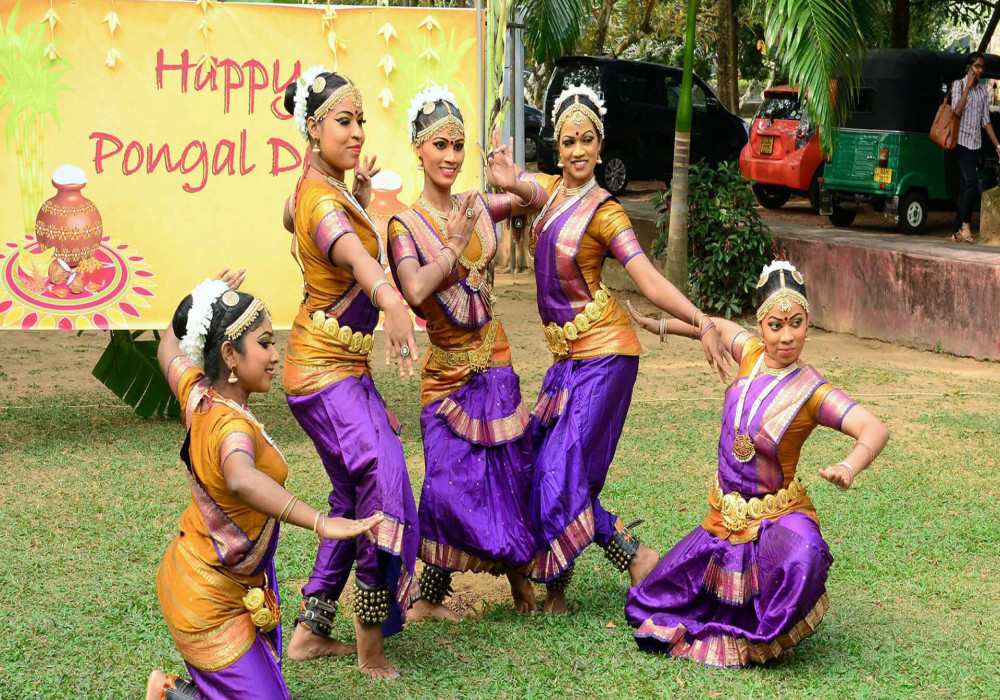
Last Updated At: 02-Dec-2022
Know The 10 Intriguing Facts If You Wish To Celebrate The Pongal With Great Joy
Everyone knows the Pongal, however, a few of us knows its importance, and the facts associated with this festival. Here’s a depiction of the facts that enlighten the hidden facts of this celebration. Continue reading this blog to know the unheard facts:
01. Immensely, the day signifies the Uttarayanam or Uttarayana Kaalam - the start of the sun's six months long journey northwards towards equinox, relating to the Indic solstice when the sun goes into the tenth place of the Indian zodiac Makara or Capricorn. Thai Pongal is a kind of thanksgiving celebration to the Sun God - Surya for his steady daily work without which fruitful harvest is impossible. The celebration comprises of cooking of sweetened rice called Pongal, first dedicated to the Sun.
02. Pongal is a celebration of the ancient times, dating as far back as 1000 or more years as affirmed by the epigraphical proof found in the Puthiyeedu during the Medieval Chola kingdom days. Puthiyeedu alludes to the first harvest of the year.
03. Generally, in the month of Thai (January-February ) Scrops like rice, sugarcane, turmeric and so forth., are reaped. So, Pongal celebration is related to the annual harvest season.
04. The term 'pongal' in Tamil signifies "to boil over", a sign of our joy and agricultural create “overflowing the brom”. This celebration is praised as a thanksgiving day for the sun god. Individuals of all castes celebrate Pongal with religious enthusiasm. Especially, in the country zones, it is extremely famous and the farm workers get a reward called Pongl Enam as money, garments, and so forth.
05. This celebration is called Makara Sankaranthi in Andhra and other states, Bihu in Bihar and Uttarayana in Rajasthan and Gujarat and Maghi in Punjab and Haryana.
06. Pongal is the name of a dish consumed amid this celebration time, which is sweetened rice boiled with lentils, and so forth.
07. Amid the favorable days of any month in Tamil Nadu, offering of Pongal Prasadam is a general one and this traditional practice at Hindu temples has been in vogue for quite a long time. It is set up in the temple kitchen called Madappalli in Tamil and the cooks are from the neighbourhood Brahmin community group.
08. The Bhogi celebration celebrated to respect Lord Indra, the god of rain, is the primary day of Pongal. Ruler Indra is accountable for the crop cultivation, consequently getting adequate and blooming to the land. Also referred as Bhogi Mantalu, on this day, it has been a tradition to clean the family. Pointless things are discarded by a method for creating a bonfire into which they are thrown. This infers disposing of all the negative components that make negative energy and preparing for positive energy in the house.
09. The bonfire is made of generally cow dung cakes and firewood. However, it isn't in this way, nowadays.
10. Thai Pongal is the second day of the celebration, being the most significant one. Aside from rice, jaggery (in Tamil Vellam) and milk, the ingredients of Pongal dish incorporate cardamom, raisins, Green gram (split), and cashew nuts.
Cooking is done in daylight, as a rule in a yard or patio, as the dish is dedicated to the Sun god, Surya. Pongal is cooked amid the favourable time in a designed pot, ideally an earthen pot with turmeric plants tied around it. In a few spots, Pongal is cooked in the open section of the house under daylight. In a few places in the towns, mass cooking is done at the named time with dedication in the open close to the temple by the ladies.
--- Published By Gagan Sharma
Latest Blogs

Cash in the Wild: My Safari Adventure Across Kenya with Only...

One Day Picnic Spot Near Pune - Adventure, Trekking and Natu...
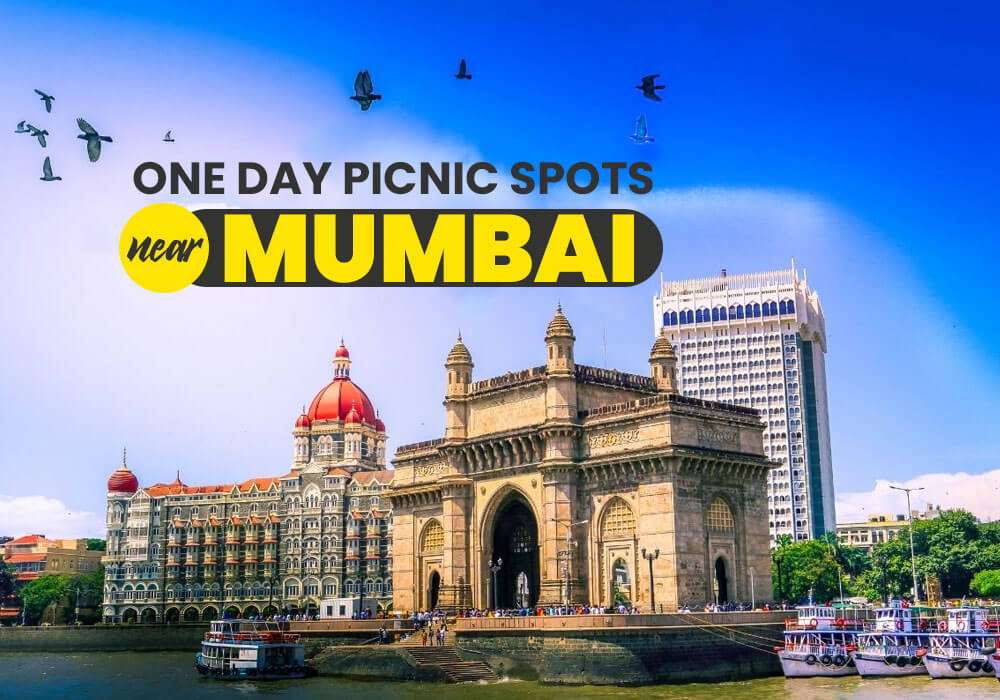
One Day Picnic Spots Near Mumbai - Monsoon, Adventure, Beach...

The Best Places to Go in Thailand in 2025
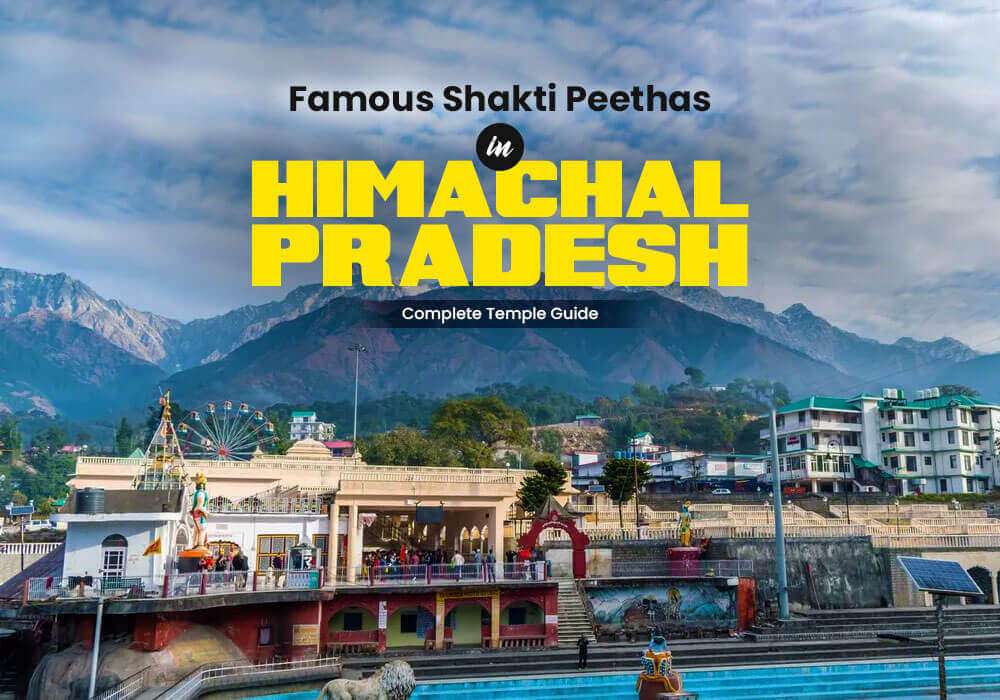



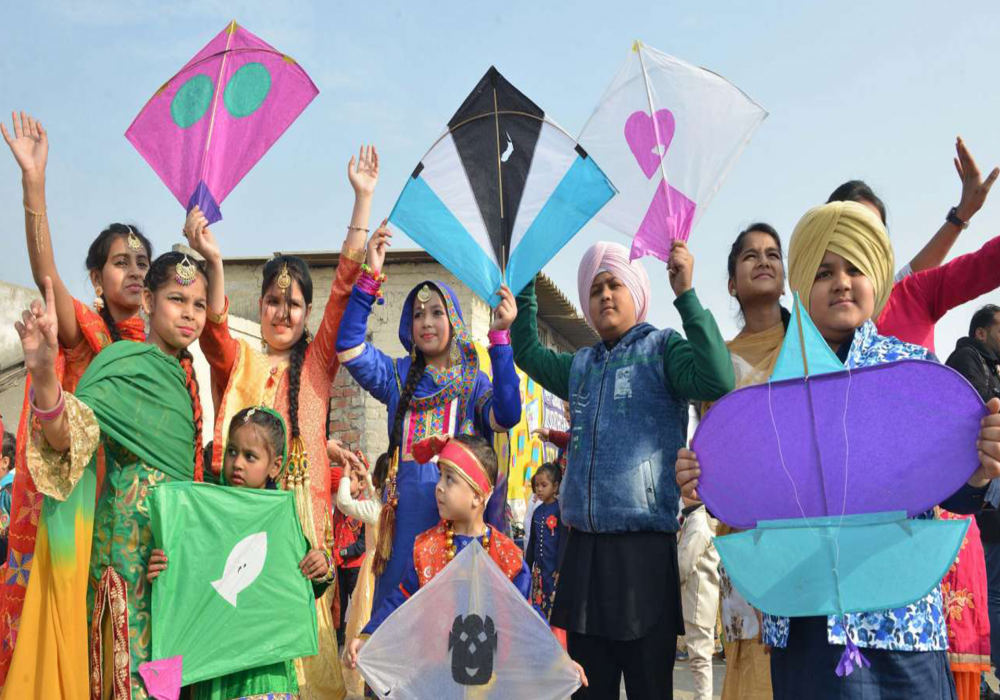
, Itanagar Has Turned Digital.jpg)

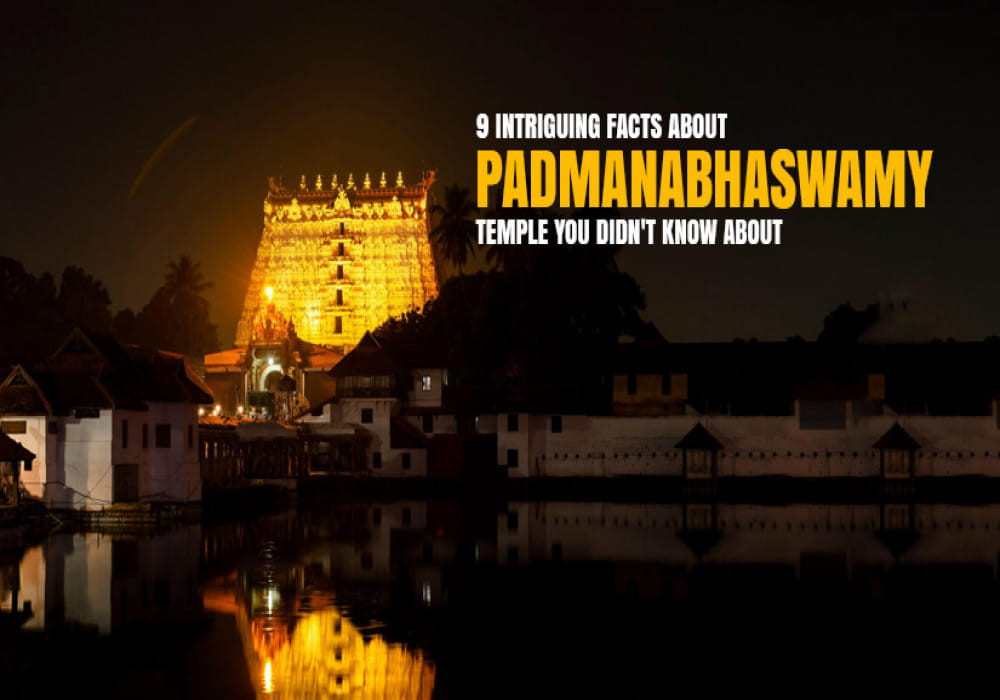


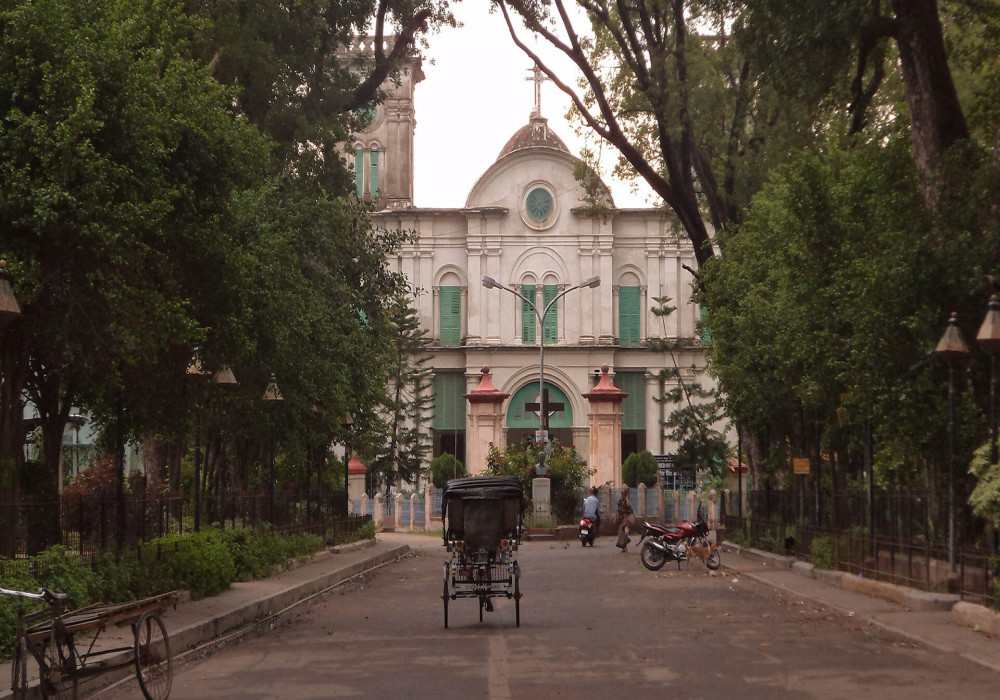
 Dubai
Dubai Malaysia
Malaysia USA
USA





